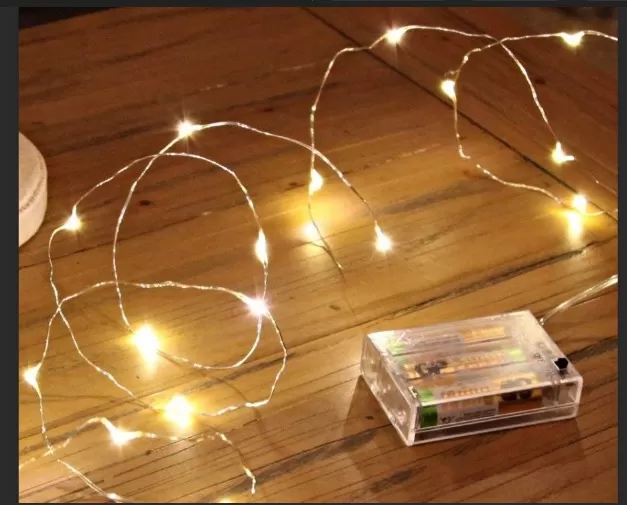The 50 Most Bizarre Laws in America (Part 2).Laws can sometimes take on a quirky, and even absurd, nature. While they may seem too strange to be true, here are some genuinely bizarre laws that are still on the books in various states across the United States.These laws may not be frequently enforced or even make much sense today, but they certainly add a touch of quirkiness to the legal landscape of each state.
California’s Strict School Policy: No Dogs Allowed, Except for a Few Exceptions

In Cathedral City, California, the school rules are crystal clear: while Mary may have had her little lamb, pet dogs are not welcome on school premises, and this isn’t just a guideline; it’s enshrined in law.
The exception to this strict policy is reserved for dogs with specific roles, such as those working in law enforcement or serving as indispensable service dogs. There is also room for flexibility if the school has a legitimate educational reason to have dogs present for teaching purposes.
Otherwise, students and their furry friends will have to enjoy their time together outside the school gates.
Boulder, Colorado\’s Unique Law: Upholstered Furniture Stays Indoors
If you’re a fan of outdoor lounging, Boulder, Colorado, might pose a bit of a challenge.
The city has an unusual law in place that prohibits the placement of couches or any upholstered furniture not explicitly designed for outdoor use on your front porch, front yard, or side yard.
This seemingly strict regulation, however, has an interesting backstory.
It was implemented as a measure to address the practice of burning couches by enthusiastic University of Colorado football fans after games. By restricting the outdoor placement of such furniture, the law aimed to discourage this potentially hazardous and disruptive tradition.
So, while it might appear to limit outdoor living, it serves a specific purpose in maintaining safety and order in the community.
Guilford, Connecticut\’s Holiday Decorating Rule: A Classic in White

If you’re planning to go all-out with holiday decorations akin to Clark Griswold’s exuberant style, you might want to double-check your location.
In Guilford, Connecticut, there’s a festive rule in place that allows only one hue of twinkle lights—classic white. This charming regulation adds a touch of Timeless Elegance to the holiday season and ensures a cohesive and tasteful display across the community.
So, while colorful lights might be reserved for other locales, in Guilford, it’s all about celebrating the season with the pure, timeless beauty of white string lights.
Rehoboth Beach, Delaware: Allowing Treats, But Not Tricks on the Streets
In Rehoboth Beach, Delaware, there’s a friendly reminder to keep things orderly and respectful.
Parents, take note: it’s against the rules to allow your children to engage in any mischievous activities on the city’s streets or sidewalks. The intention here is to ensure a peaceful and safe environment for everyone.
However, when Halloween rolls around, there’s a bit of flexibility.
Children under 14 are permitted to go door to door for trick-or-treating, but with a specified time frame of 6 to 8 p. m.
It’s a balanced approach that allows youngsters to enjoy the holiday while also maintaining a sense of community decorum. So, while tricks may be off-limits, treats are still very much in the cards in Rehoboth Beach.
Florida\’s Safety Priority: Outward Opening Doors for Public Buildings

In the state of Florida, there’s a meticulous requirement for the doors of public buildings, which encompasses theaters, opera halls, and various entertainment venues—they must open outward.
While this architectural detail might seem like a minor stipulation, it’s actually a crucial safety measure designed to protect the lives of those inside.
The logic behind this regulation is straightforward and essential.
Outward-opening doors facilitate a swift and unobstructed evacuation in the event of emergencies such as fires or other hazards. By ensuring that doors swing outward, Florida prioritizes the safety and well-being of its residents and visitors, underscoring the importance of preparedness and precaution in public spaces.
*The information is for reference only.